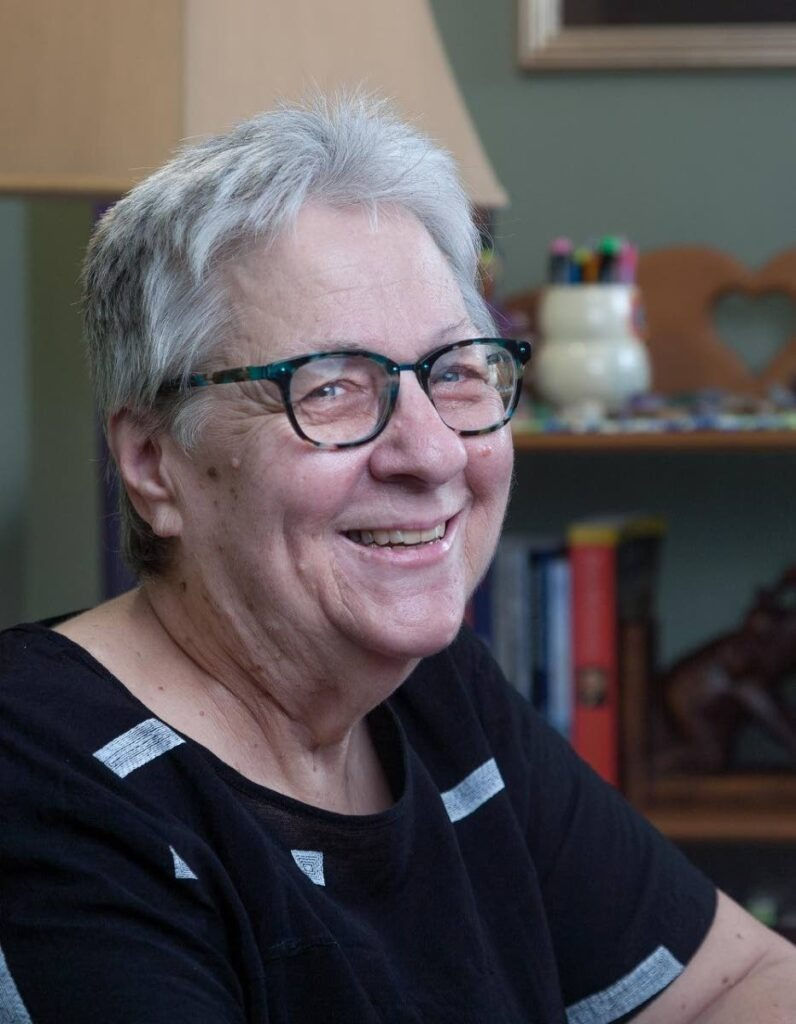The Autonomy Bill
- Ls1

- Apr 2, 2020
- 3 min read
Updated: Dec 9, 2024
Insert video
The Autonomy Bill,2018
The composition of the Tobago Legislature marks a departure from the traditional composition of Commonwealth Caribbean legislatures in two respects. Firstly, in a break from the traditional Westminster model, where the leader of the party that wins the most seats automatically becomes prime minister, the Chief Secretary is to be elected by the members of the Assembly from amongst themselves; though the Minority Leader will be that person who commands the support of the largest number of members of the Assembly who do not support the Chief Secretary, in accordance with the Westminster model. Secondly, the People’s House marks a departure from the tradition of nomination which applies to second chambers elsewhere across the Commonwealth Caribbean, being composed of 13 elected members. Seven members are to be elected by the seven parishes of Tobago: one from each parish. The other six members are to be elected to represent the following six sectors: Commercial and Business, Tourism, Agriculture, Environment, Services and Legal. A new s75A in the Constitution establishes a Tobago Executive Council which will have direction and control of the Tobago Island Government and which is responsible to the Tobago Legislature. The Executive Council will comprise the Chief Secretary, a Deputy Chief Secretary and a number of other Secretaries appointed in accordance with the advice of the Chief Secretary from among members of the House of Assembly. These Secretaries will be assigned responsibility for divisions within the Tobago island government and will exercise general direction and control over those divisions. Tobago matters are to be aired at Cabinet meetings by the Chief Secretary upon invitation and at mandatory quarterly meetings with the Prime Minister.
The system of government envisaged by the 2018 Bill may be described as ‘quasi-federal’.
When exercising his functions under the Constitution or any other law, the President must do so in accordance with (unless otherwise stated by the Constitution or any other such law) the advice of not only the Cabinet but also the Tobago Executive Council. In return, the Chief Secretary would keep the President informed concerning matters of the Tobago Island Government. It thus resembles the relationship between the Westminster Parliament in the UK and Scotland under the Scotland Act 1998
There is no specific proposal that the Senate should include senators who represent the interests of Tobago.
Self-government is, however, currently low on the popular and political agenda in both islands.
-Those matters include national security, foreign affairs, immigration and the appointment of the most senior public officials, which will continue to fall under the purview of the central government.
Must be accepted by JSC and Parliament
-3/4 of the HOR
-2/3 of the senate
-consists of both sides of parliament
Problems and Concerns
-It is not a priority for the past and present governments.
-Always pushed by the opposition.
-It is not a priority for Trinidad.
Concerns
-Tobago is not self-sustainable as yet (how do we get there?)
-Tobago does not know if it is want we want
-Tobago does not know what it is
-Tobago mentality and belief need to change
-We need to show that we can handle. We need to impress. (Health and Food)
-Self reliability
-Selfish politicians
-Slow pace of the process
-Popular preoccupation of pressing practical issues
-Tobagonians want internal self-government
-We cannot feed ourselves
-But as of now, the only side of the divide that is genuinely supported by the central government is the Tobago PNM council. We need more speakers in Tobago; we need more persons to stand up!







Comments